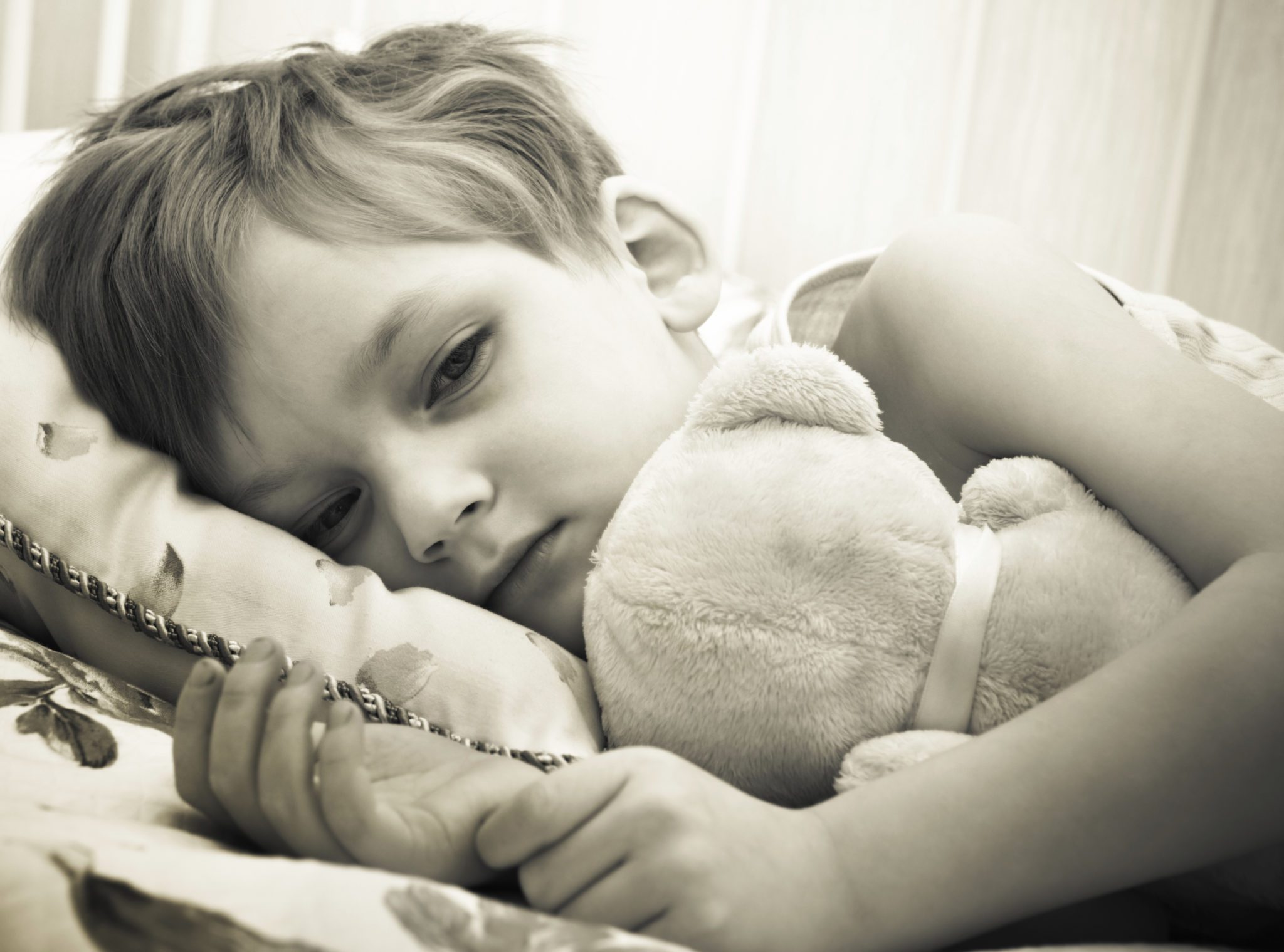Hot Topics
Helping Your Kids Following The Orlando Tragedy

Our hearts go out to the families of those who lost their lives and were injured in the recent terrorist act in Orlando—an event that is being called the most extensive mass shooting in this country’s history.
Mental Health Needs Of Teen Moms

We know that adolescents get depression.
We also know that adolescents are a lot more likely to get depressed than pre-adolescents.
And, we know that pregnancy is associated with a higher risk for depression both during the pregnancy itself, and at least three months following.
The Implications Of Poverty On Children’s Mental Health

In March, the American Academy of Pediatrics (AAP) issued a new policy statement in which it encouraged all of its members to screen pediatric patients and their families for economic hardship. This announcement made national news and was later published in Pediatrics, the flagship journal of the AAP.
Decreased Stigma Of Mental Illness Among The American Public – But Not Among Clinicians

Let’s talk about stigma and psychiatry.
I know.
Yawn.
You’ve heard all this before. We never seem to stop, you’re thinking, with our worried hand-wringing about the pernicious and dangerous biases that relentlessly dog psychiatric illness and especially those who suffer from psychiatry syndromes.
Muslim Children: Addressing Prejudice and Xenophobia

As an adult Muslim, I find it disconcerting, and at times, downright frightening, to hear xenophobic statements about keeping Muslims out of the country. In my work as a child psychiatrist, I’m hearing from Muslim parents across the country that their children are coming home to them with difficult questions and intense emotional reactions.
Are Increased Academic Demands Causing ADHD?

The rates of attention deficit hyperactivity disorder (ADHD) have increased considerably in the last 40 years. In fact, in the United States, the prevalence of ADHD has doubled since the 1970s. A number of experts have weighed in on why these numbers may have increased.
Helping Kids of All Ages in the Face of Terrorism or War

At times like these – in the face of terrorism or war – amid our shock, grief, and fear, we need to be particularly attuned to the impact such events have on our children. Kids of all ages have questions and various emotional reactions—compounded all the more by the footage and commentary they may be seeing and experiencing.
8 Tips for Parents on the Modern Tween and Teen’s Culture of Hooking Up and Hanging Out

How old were you when you were first allowed to date? Did your parents have rules about when you could first “go out” in a group, and later, on a “real” date?
If you’re a parent of a middle or high school student, you might find that the rules your parents had for you no longer apply.
The Red Herring Of Guns And Mental Illness

Almost by definition, writing about pediatric mental health can be controversial. People don’t always agree on treatments, causes, or even whether children can actually suffer from mental illnesses. We know that from some of the responses we’ve received on other posts.
When Kids Leave Home: Part 2

This is the second blog post in a two-part series on adolescents’ transition to the “real world.”
To view the first blog post, click here.
Intro music written and performed by Dr. Gene Beresin.
Outro music arranged and performed by Dr. Gene Beresin.
I love being a mom.



